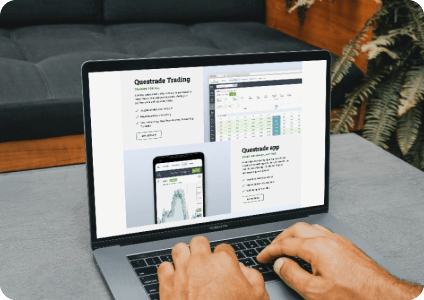Mastering Personal Finance: Budgeting
The Art of Investment: Strategies for Wealth Growth
What You Need to Know
Economic Outlook 2023
Get ahead in 2023 with our economic outlook blog. Stay informed about emerging trends
Managing Finances as a Freelancer
Freelancers, rejoice! Our blog provides valuable insights on managing your gig economy finances,
Power of Data-Driven Financial
Harness the power of data analytics for better financial decision-making. Explore the role
The Rise of Sustainable Finance
Learn how sustainable finance is making a positive impact on businesses and the world.
Power of Data-Driven Financial
Harness the power of data analytics for better financial decision-making. Explore the role
Strategic Financial Planning
Entrepreneurs, are you equipped for financial success? This blog outlines strategic













